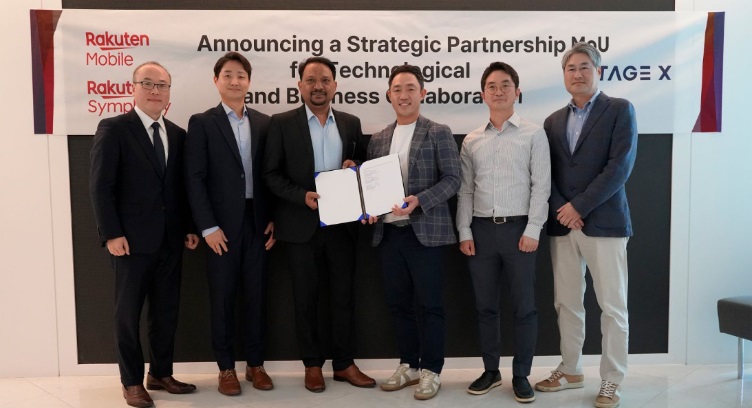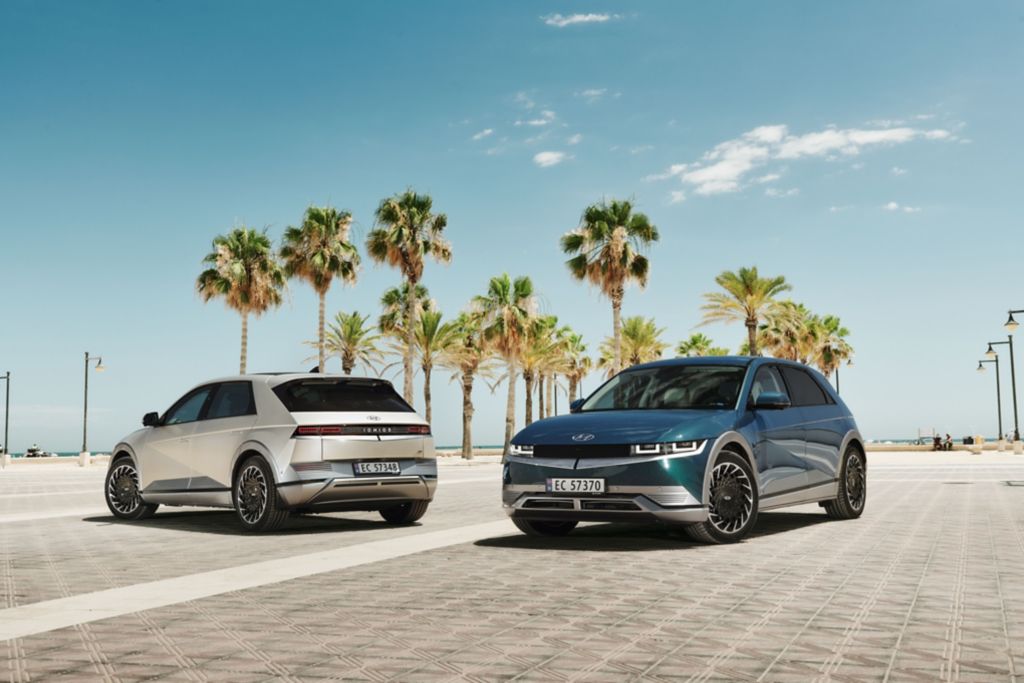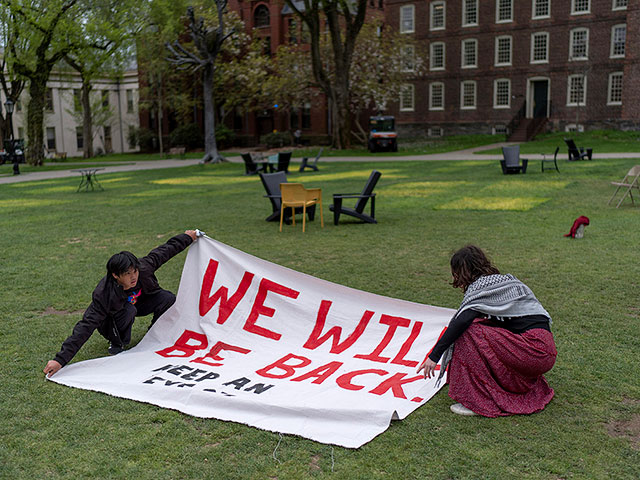
Woven City, a new test city located at the foot of Mount Fuji in Japan, is set to revolutionize urban living with its innovative approach to energy efficiency and self-driving vehicles. Designed by Toyota and scheduled for construction starting in 2021, the city will serve as a “living laboratory” for energy-efficient self-driving vehicles known as “E-palettes”. The first phase of the city will see 2,000 residents moving in later this year as part of a nearly $10 billion study aimed at researching driver and pedestrian behavior.
Residents of Woven City will live in homes powered primarily by hydrogen, making the city environmentally-friendly. These homes will feature solar panels on the roof and AI technology to monitor health within the house. Each vehicle and home in the city will be interconnected through data and sensors, creating a cohesive living environment. The city will also include robots to assist residents with daily tasks, promoting independence and convenience.
The streets of Woven City will be divided into three types, including pedestrian-only areas, roads for fast vehicles, and roads for low-speed vehicles. The city will only allow zero-emission vehicles, with special provisions for elderly and wheelchair-accessible vehicles. The city’s grid-like design features multiple outdoor spaces to encourage interaction and community engagement.
Danish architect Bjarke Ingels was tasked with designing Woven City. Ingels believes that technology is rapidly transforming urban living, with connected, automated, zero-emission solutions offering new possibilities for city life. Residents of Woven City will come from diverse backgrounds, ranging from families to retailers to scientists, creating a vibrant and dynamic community in this cutting-edge test city. With its innovative approach to sustainable living and smart technology integration, Woven City promises to be a model for future cities around the world.






